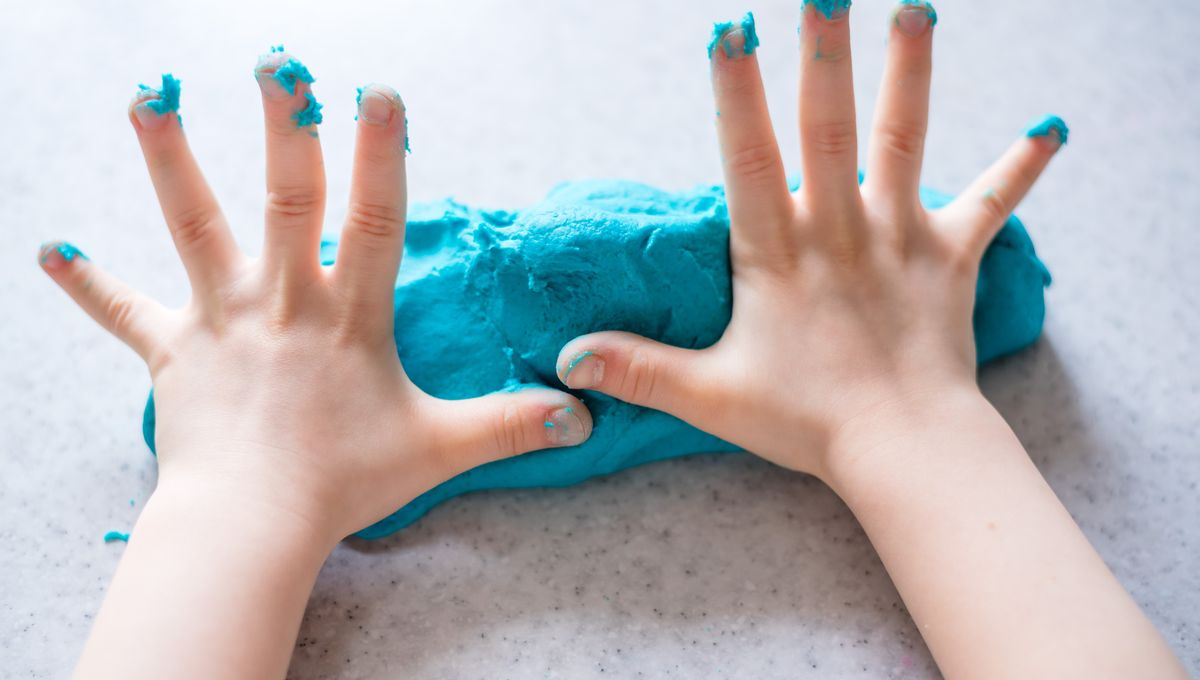
Your fingertips remember the things you touch, and this memory affects how sensory information is relayed to the brain. Now, new research is demonstrating just how important this concept could be to our ability to perform everyday tasks that most of us hardly even think about.
An action as simple as picking up your coffee cup as you browse through all the latest news on IFLScience is actually pretty complex, neurologically speaking. The brain has to ensure your hands are applying the correct amount of force: too little, and that cup won’t be budging from the desk; too much, and you’ll have a load of smashed porcelain and a hot coffee spill to contend with.
Tactile neurons in the tips of our fingers are constantly registering the forces being applied to our hands by sensing deformations to the skin, information that they then relay back to the brain.
The tissue of the fingertips is what’s known as viscoelastic, a term that might be more familiar to materials scientists. It applies to materials that behave a little bit like a solid and a little bit like a liquid. A good example is silly putty: if you roll it into a ball and drop it, it will bounce a little, displaying elasticity. However, if you leave it on a table, over a long period of time it will very slowly start to flatten out and flow like a liquid, displaying viscosity.
“The viscoelasticity of the human fingertip means that any deformation caused by a force acting on the fingertip lasts longer than the force itself,” said Hannes Saal, senior lecturer in the Department of Psychology at the University of Sheffield, in a statement.
“Therefore, residual deformations from previous forces will affect how the fingertip reacts mechanically when subjected to a new force. However, the extent to which this physical memory influences the signalling of tactile neurons during natural hand use is not well understood.”
That’s what Saal, lead author of the new study, and colleagues set out to investigate.
The team used a specially designed robot to apply forces to the fingertips of 33 human volunteers. As the forces were applied, nerve responses were measured using electrodes inserted into the volunteers’ peripheral nerves, a total of 200 separate individual neurons. The neurons were sorted into three categories: fast-adapting type 1 (FA-1); slowly-adapting type 1 (SA-1); and slowly-adapting type 2 (SA-2).
By varying the direction of the applied forces, the team was able to look at the effects of previous forces on subsequent neuronal responses. Mixing up the stimuli led to a large increase in variability in the firing rates of the neurons, particularly in SA-2 neurons, which sense forces in deeper tissues.
The team found that this effect was linked to the fingertip’s viscoelastic memory. They concluded that as these groups of tactile neurons relay information to the brain, they carry with them the memory of past stimulation.
Further work will be needed to examine exactly what the brain is doing with this information. The authors think it’s possible that having a more in-depth picture of the recent forces applied to the fingertips allows the brain to plan and execute actions more accurately.
“Our findings suggest that populations of tactile neurons provide a continuous stream of information to the brain about the viscoelastic deformation state of the fingertip,” concluded senior author Roland Johansson. “It is plausible that the brain employs this information to estimate the fingertip’s state during the planning and evaluation of tactile-based actions.”
“Investigating this idea in future research holds intriguing potential.”
The study is published in eLife.
Source Link: How Touch Memory In Fingertips Influences Nerve Signals To the Brain